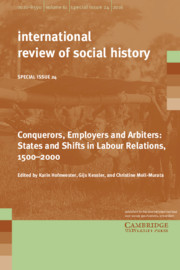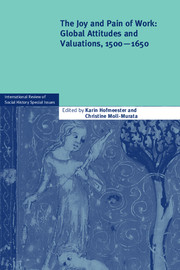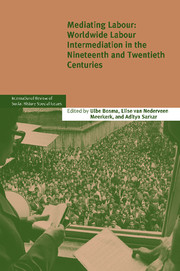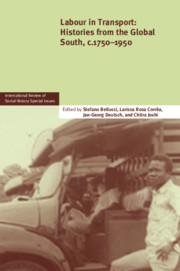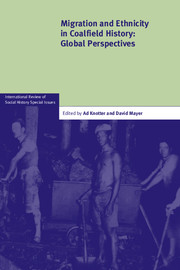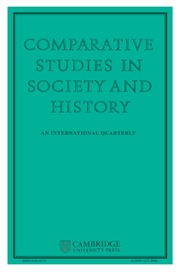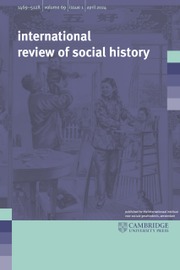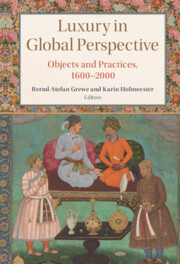Conquerors, Employers and Arbiters
Starting from a broad definition of labour relations as the full range of vertical and horizontal social relations under which work is performed, both within and outside the household, this volume examines the way states have shaped and interacted with labour relations in a wide range of periods and places, from the sixteenth-century silver mines of Potosí in the Andes to late twentieth-century Sweden, and from seventeenth-century Dzungharia to early twentieth-century colonial Mozambique. The articles presented look at very different types of states, from local and regional power holders to nation states and empires, and explore the activities of these states and their impact on labour relations in three roles, as conquerors, employers and arbiters. The volume finds diversity, but also a remarkable degree of similarity across space and time in the mechanisms deployed by states to extract and allocate the labour required to carry out their essential tasks.
- Considers the role of states in explaining patterns of continuity and change in labour relations across the globe and throughout time
- Looks at a diverse range of states, from local and regional power holders to nation states and empires
- Looks at these states and their impact on labour relations as employers, arbiters and conquerors
Product details
March 2017Paperback
9781316642528
286 pages
229 × 152 × 11 mm
0.41kg
Available
Table of Contents
- Introduction Karin Hofmeester, Gijs Kessler and Christine Moll-Murata
- 1. Tributary labour relations in China during the Ming-Qing transition (seventeenth to eighteenth centuries) Christine Moll-Murata
- 2. Tributary labour in the Russian Empire in the XVIII century: factors of development Dmitry Khitrov
- 3. Colonial organization of the mining labour force in Charcas (present-day Bolivia): its consequences (sixteenth to seventeenth centuries) Raquel Gil Montero and Paula C. Zagalsky
- 4. Dynamics of continuity and change: shifts in labour relations in the Potosí mines (1680–1812) Rossana Barragan
- 5. Political changes and shifts in labour relations in Mozambique, 1820s–1920s Filipa Ribeiro da Silva
- 6. Grammar of difference? The Dutch colonial state, labour policies and social norms on work and gender, c.1800–1940 Elise van Nederveen-Meerkerk
- 7. The labour recruitment of local inhabitants as Rōmusha in Japanese-occupied South East Asia Takuma Melber
- 8. The role of unfree labour in capitalist development: Spain and its empire, nineteenth to twenty-first centuries Fernando Mendiola
- 9. Working for the state in the urban economies of Ankara, Bursa and Salonica: from empire to nation state, 1840s–1940s M. Erdem Kabadayı
- 10. The role of the state in employment and welfare regulation: Sweden in European context Max Koch
- 11. State policies towards precarious work: employment and unemployment in contemporary Portugal Raquel Varela.

